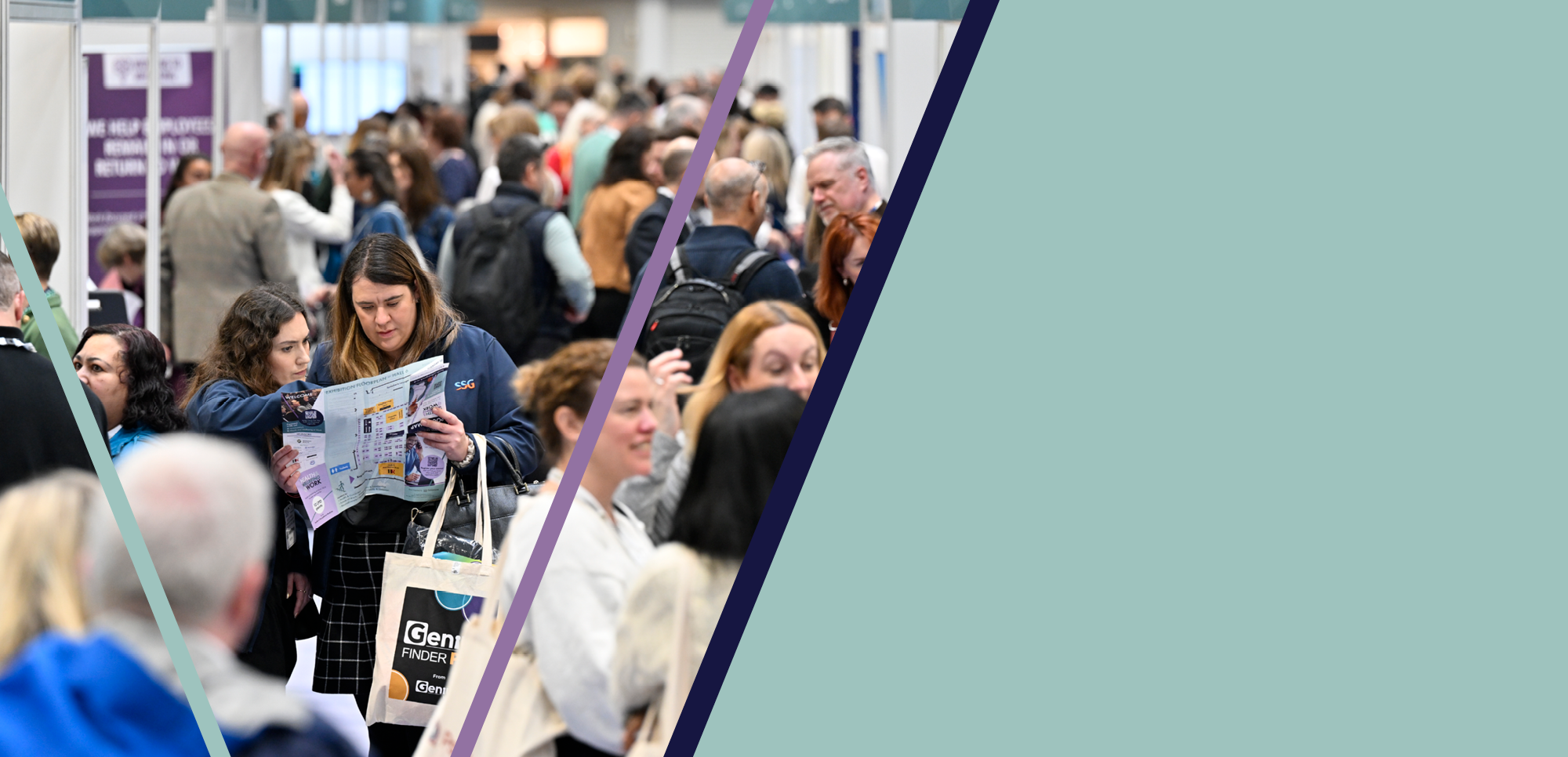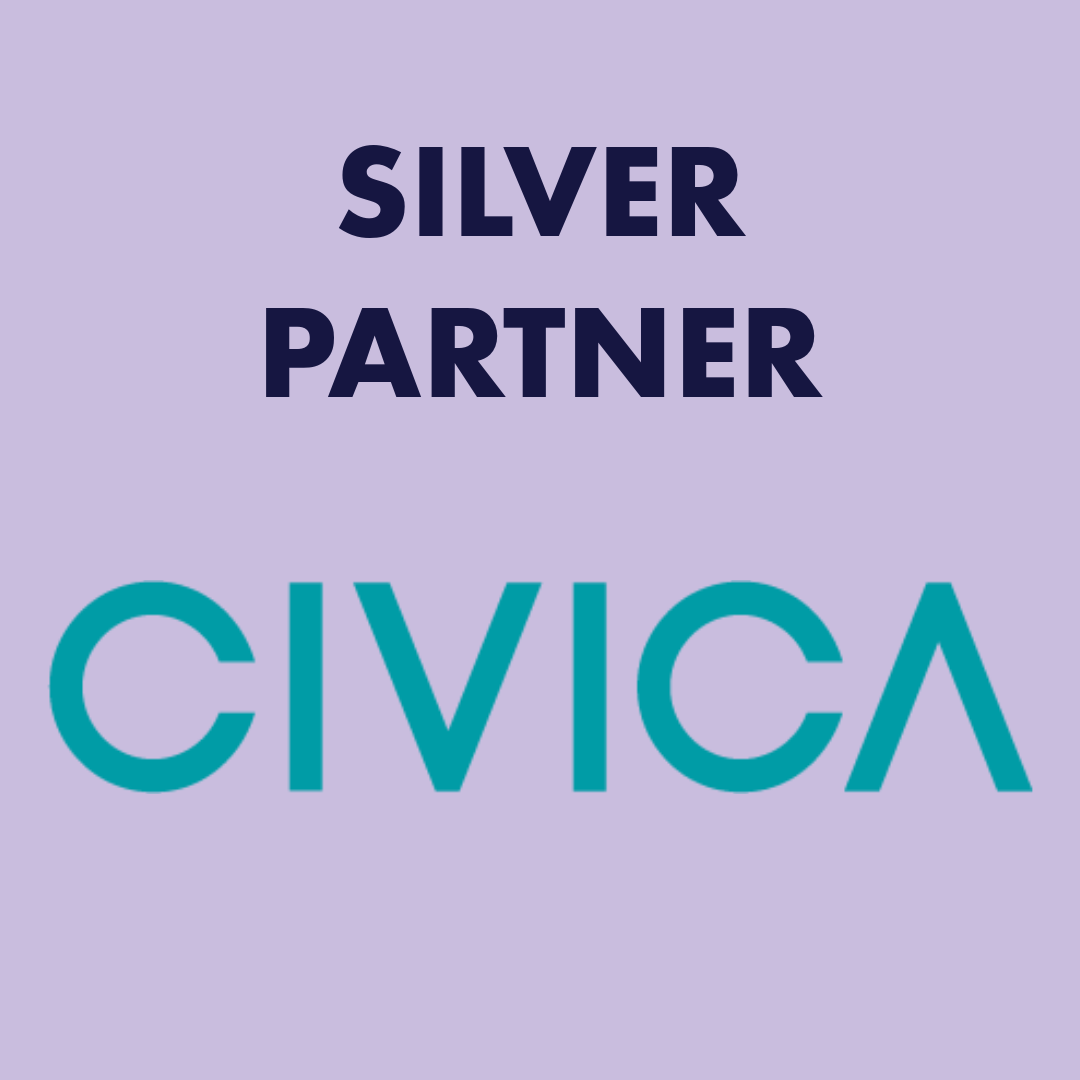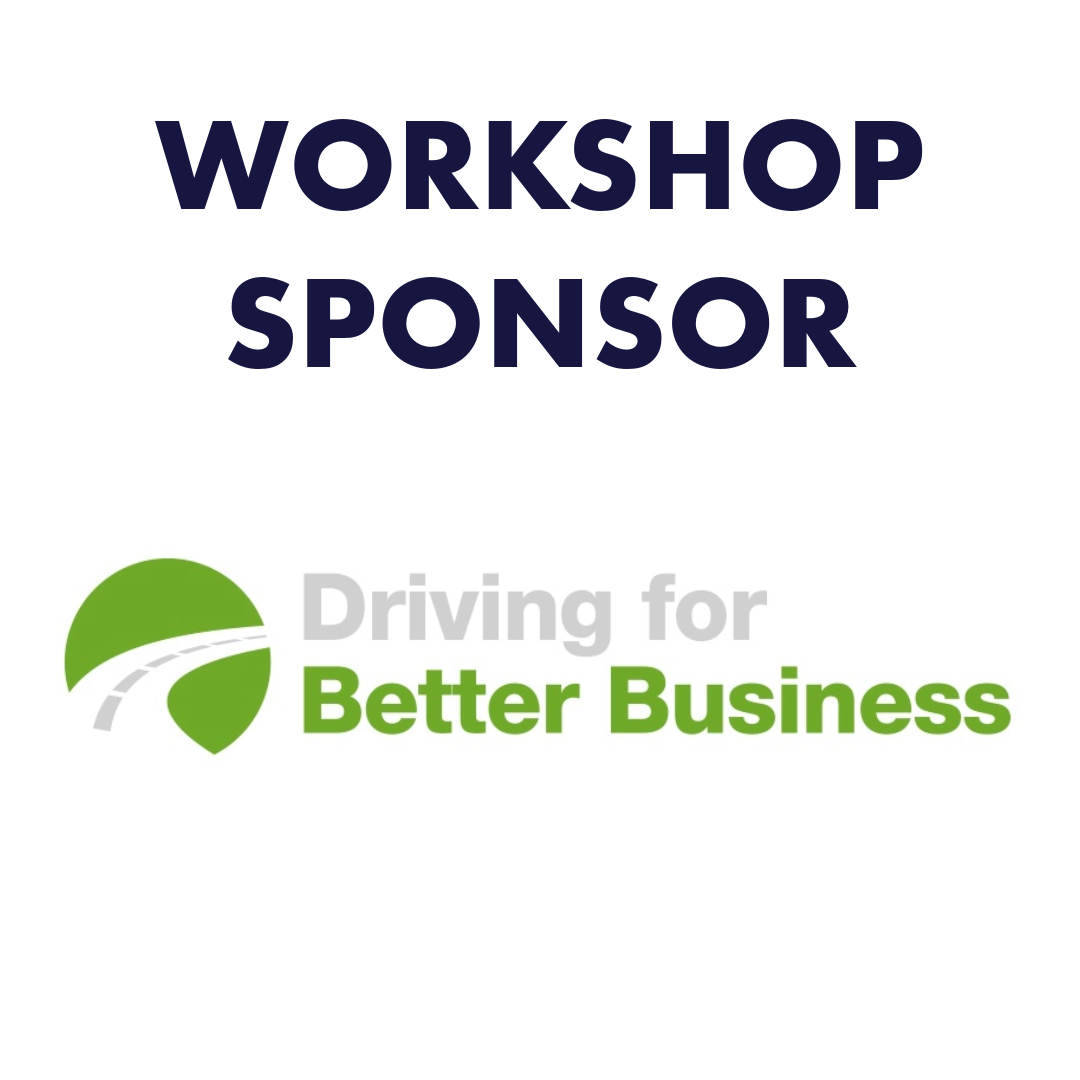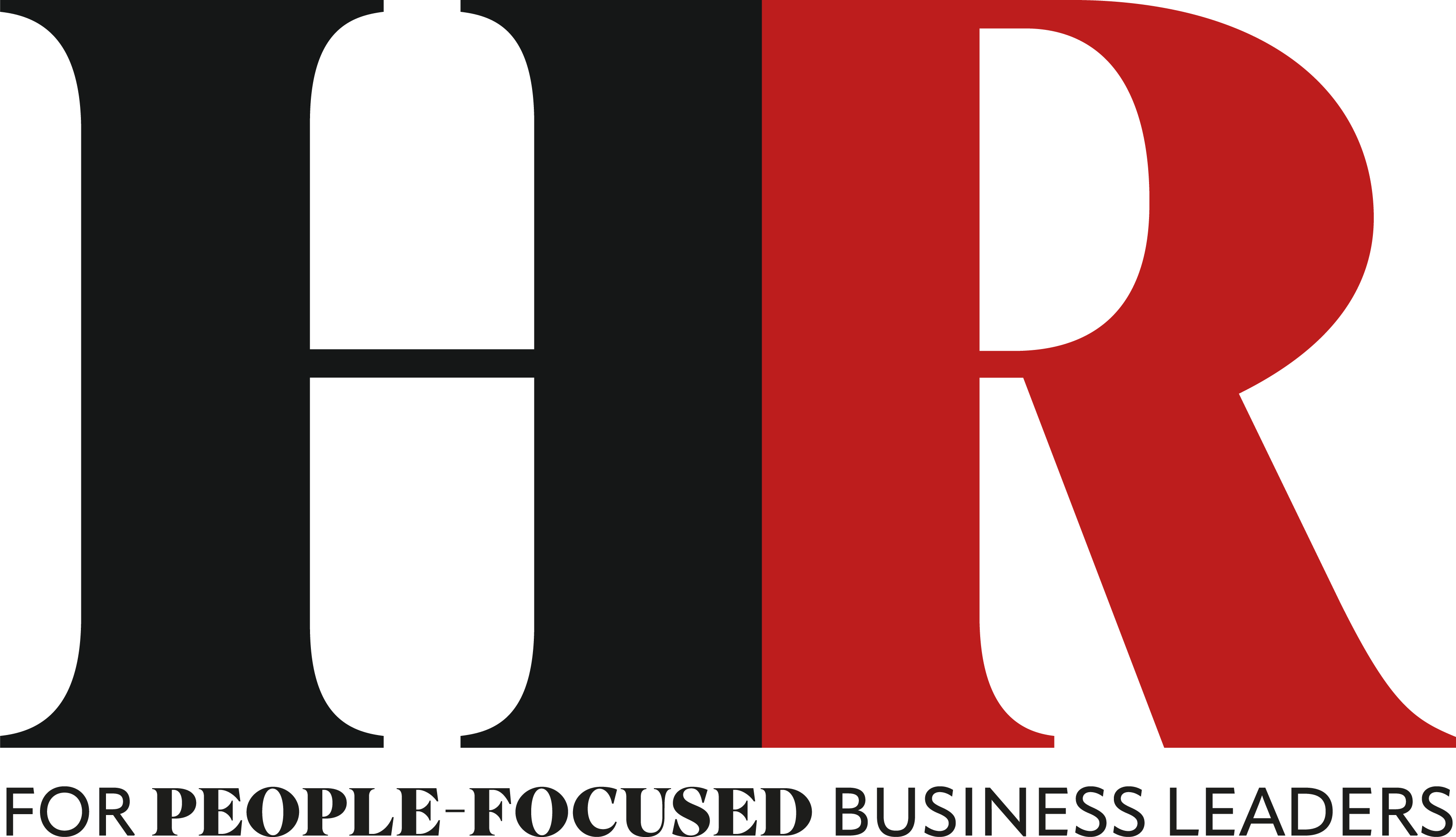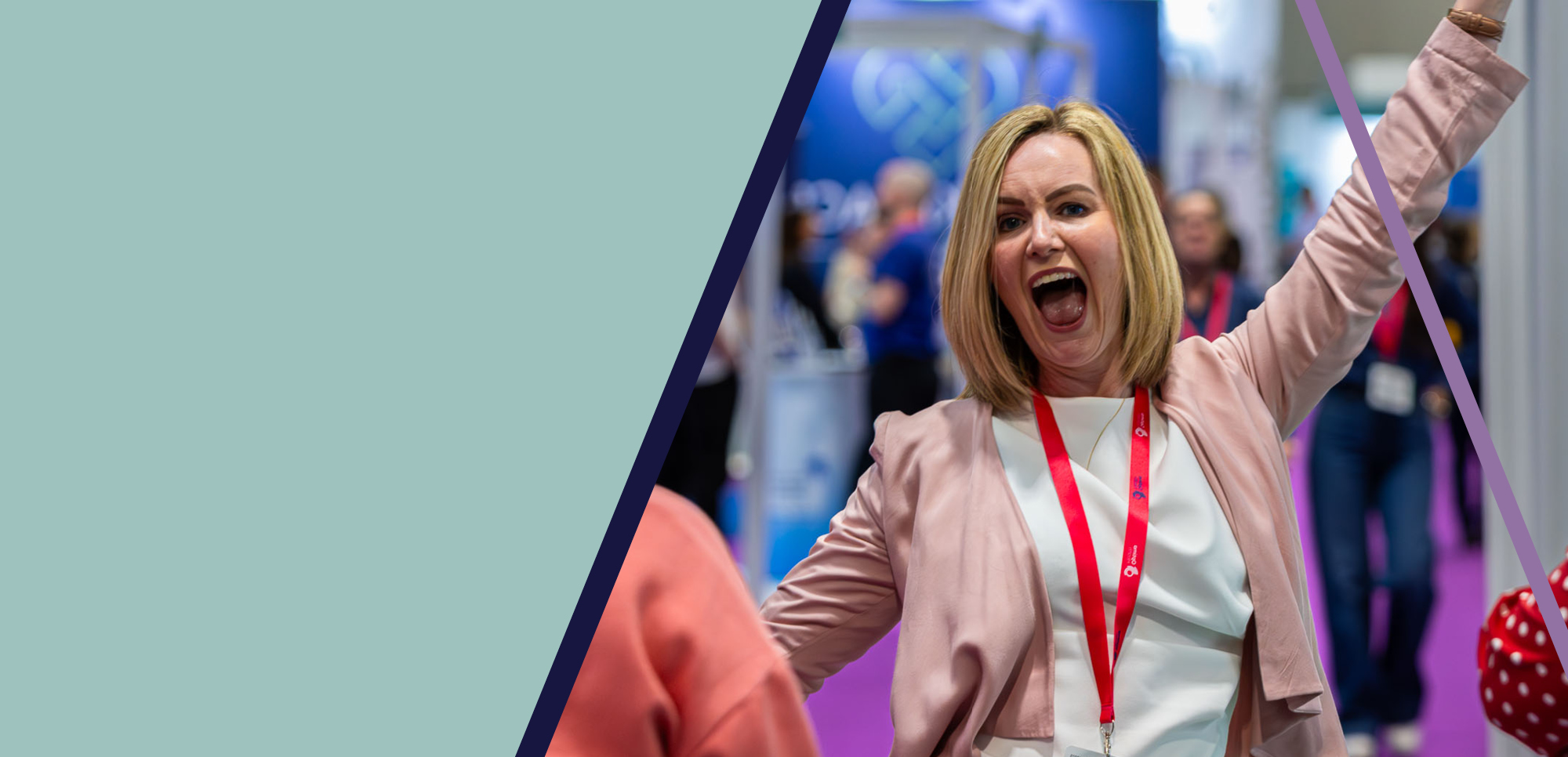What’s Fair? Addressing Wellbeing for Neurodivergent Workers.
)
The Neurodiversity movement has been enormously successful in driving awareness over the last few years. We’ve moved from a very medical, deficit model of needs, through to the idea of neurodivergent superpowers, and settled on a more balanced appraisal of strengths and challenges. However, the awareness and narratives have mainly been focused on the tasks people do (or can’t easily do). As the number of people diagnosed and disclosed at work starts to approach the 15-20% prevalence predicted by researchers, we need to widen our understanding of relationships and wellbeing.
Dr Damian Milton proposed the ‘Double Empathy Problem,’ in 2012. He was making a critique of the idea that Autistic people lack empathy, by pointing out that neurotypical attempts to teach Autistic people the ‘correct’ way to behave was itself lacking empathy for Autistic experience. Research has since shown that there are differences in the way people express empathy, even when positive in intention. Attempts land badly and are misinterpreted as lacking in sensitivity and care. For example, some neurodivergent people witnessing distress try to problem-solve, without spending much time listening, nodding and making sympathetic noises. The reverse is also true. Neurodivergent people might feel that the empathy they are shown is lacking in action and substance, and neurotypicals might feel rushed and not listened to. This is how the double empathy problem can lead to relationship difficulties, lack of belonging and anxiety.
Research into neurodivergent burnout has consistently shown that relationship and communication difficulties cause undue stress and anxiety. Our businesses have gained in confidence in deploying adjustments such as coaching, technology and hybrid working, but we have a long way to travel to build confidence around relationships. As such, wellbeing rates for neurodivergent people at work are depleted in excess of their peers, as well as their experiences of career satisfaction, psychological safety and belonging.
Furthermore, the deployment of adjustments is sometimes perceived as unfair by neurotypical colleagues. This is partially because they don’t understand the extent of sensory overwhelm or memory difficulties, but it is also partially because being neurotypical doesn’t mean being well resourced. Neurodivergent adjustments such as choosing a seat in a hot desk setup would be desirable by many, including those with caring responsibilities, people in cancer treatment, those who are sleep-deprived with a new baby at home. A sense of unfairness is brewing as the sheer numbers start to overwhelm an organisation’s ability to flex to each individual.
The answer to this problem lies in prevention, rather than cure. Wellbeing initiatives are often grouped into three categories: primary, secondary and tertiary. Primary initiatives change working conditions to facilitate wellbeing, such as regular breaks and safety equipment. Secondary focus is on promoting individual good practice such as talking walks during breaks. Tertiary initiatives look at how we respond when wellbeing is compromised, such as Employee Assistance Programmes. Neurodiversity is currently managed almost exclusively as a tertiary intervention; we wait for people to struggle and then we help them. To scale services to meet demand, and improve wellbeing, we need primary and secondary interventions.
Primary interventions for neurodiversity inclusion must include management of the sensory experience. Research is showing that sensory sensitivity (literally hearing noises as louder, lights as brighter, etc) and sensory seeking (needing more intensity to concentrate) is fairly consistently distributed across most neurotypes. This also affects other health conditions, for example pain management, long covid and perimenopause. The sensory environment is a great place to start, thinking about quiet areas and remembering the burden of commuting.
Secondary interventions to support neurodiversity must include good practice in managing relationships and resolving misunderstandings. The double empathy problem is rolling out daily across our staff teams. People need a less adversarial set of structures to resolve conflict, rather than grievance and disciplinary. Formal HR is too late, relationships have usually ruptured by this point and rarely recover. Managers are often carrying the weight of the difficulties, taking on the tasks of their direct reports to avoid team failures, trying to balance competing needs. Line managers lack the skill they need to manage performance, they are fearful of discussing repeated task failures, let alone issues of subtle slights and microaggressions. They need our support, they need investment in their skills, they need referral routes for difficult and complex issues.
Neurodivergent wellbeing does not need to compromise neurotypical or manager wellbeing. Allocation of resources is only a competition for scarcity if the underlying working conditions are damaging. In her recent book, the Canary Code, Dr Ludmilla Praslova argues that neurodivergent people are like the proverbial ‘canaries in the mineshaft’ and what we find overwhelming will also compromise productivity for a wide range of workers. By making changes at the system level, we remove the need for expensive fixes and make the work environment more person-centred as a whole.
Dr Nancy Doyle, Visiting Professor at Birkbeck, University of London and Founder of Genius Within CIC.
Nancy is a neurodivergent entrepreneur and researcher. Her business employs a 75% neurodivergent or disabled staff team, with lived experience of creating a high performing neuro inclusive culture. Nancy has been at the forefront of the neurodiversity movement at work, from her decades of experience in assessment and coaching, her BBC documentary series and Forbes columns, through to advising government and bodies such as ACAS. Nancy is a trained expert legal witness. Nancy has designed the Genius Finder, an online tool to predict areas of challenge without the need for labels, which signposts to over 400 easy-to-implement, free recommendations.

